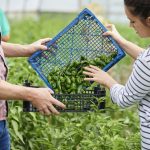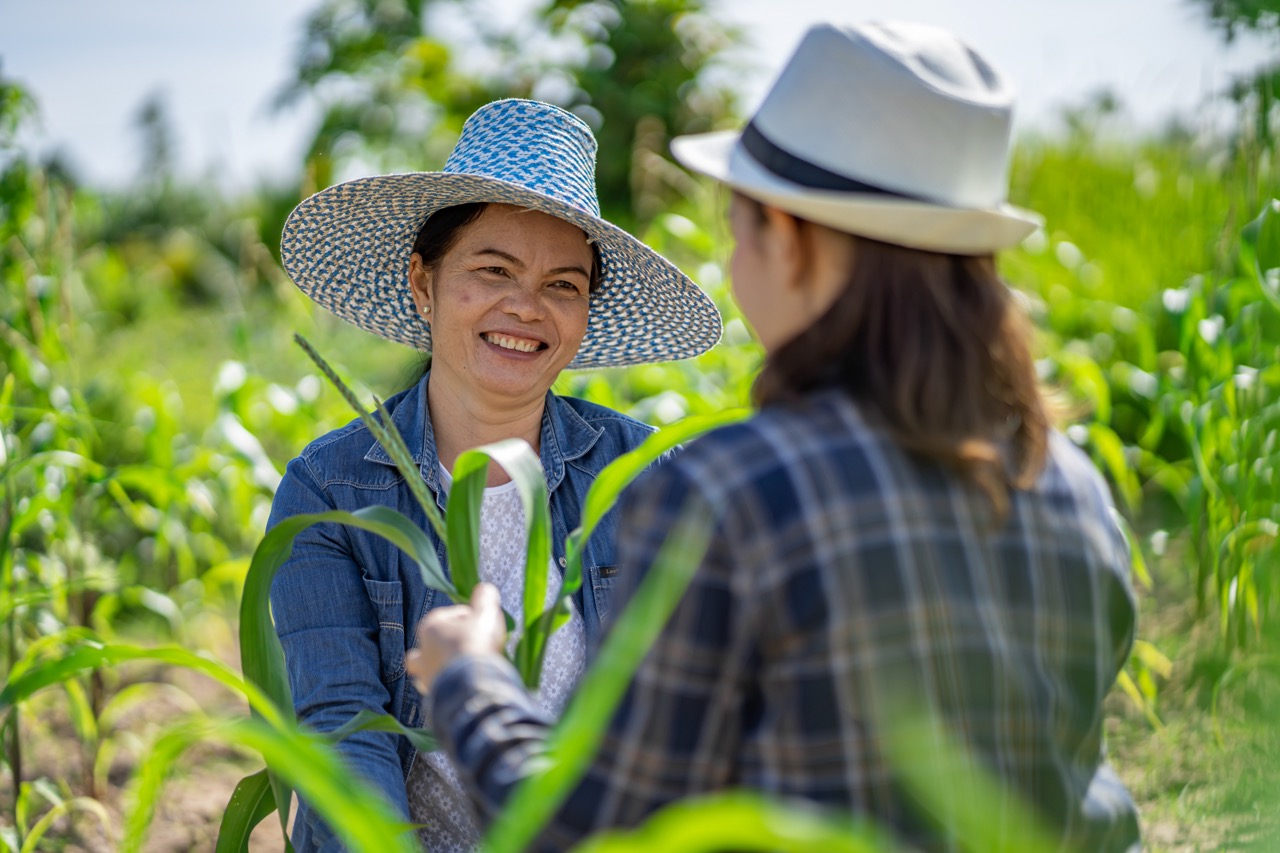As global challenges such as climate change, food insecurity, and resource depletion intensify, the agricultural sector is undergoing a profound transformation. By 2025, sustainable agriculture trends are set to redefine how food is produced, distributed, and consumed. This shift not only addresses environmental concerns but also promotes social equity and economic resilience. In this article, we explore the top five sustainable agriculture trends that are expected to make significant impacts in 2025.
Shifting Paradigms: The Rise of Regenerative Farming Practices
Regenerative farming practices are gaining momentum as a holistic approach to agriculture, emphasizing the restoration of soil health, biodiversity, and ecosystem services. Unlike traditional sustainable practices that focus primarily on minimizing harm, regenerative agriculture aims to improve the land’s regenerative capacity. Farmers are increasingly adopting techniques such as cover cropping, no-till farming, and agroforestry, all of which contribute to enhancing soil fertility and carbon sequestration.
In 2025, more producers are expected to engage in regenerative practices, spurred by a growing consumer demand for food produced through environmentally responsible methods. This trend is reflected in the rise of certification programs that recognize regenerative farms, encouraging consumers to support growers committed to ecological restoration. With agriculture accounting for significant greenhouse gas emissions, these practices represent a critical pathway toward achieving climate goals while simultaneously producing nutritious food.
Moreover, governments and organizations are beginning to invest in education and resources to help farmers transition to regenerative systems. These initiatives are crucial for overcoming barriers such as initial costs and the need for specialized knowledge. As the regenerative movement gains traction, it fosters a community of farmers who share best practices, paving the way for a more resilient agricultural landscape by 2025.
Precision Agriculture: Technology Meets Environmental Stewardship
As technology continues to advance, precision agriculture emerges as a key player in achieving sustainable farming goals. By leveraging data analytics, satellite imagery, and IoT devices, precision agriculture allows farmers to optimize inputs such as water, fertilizers, and pesticides. This not only enhances crop yields but also minimizes environmental impact by reducing resource waste and runoff.
By 2025, the integration of artificial intelligence and machine learning into farming practices is predicted to become more commonplace. These technologies enable farmers to make data-driven decisions, tailoring interventions to specific areas within their fields. This localized approach not only promotes efficiency but also enhances resilience against climate variability, as farmers can quickly adapt to changing conditions and pest pressures.
Furthermore, precision agriculture fosters sustainability through increased transparency in supply chains. Consumers are increasingly interested in where their food comes from and how it is produced. Technologies that provide traceability—from farm to fork—enhance consumer confidence and support the demand for sustainable farming practices. As a result, precision agriculture is set to play an essential role in shaping the future of food production by prioritizing both productivity and environmental stewardship.
Urban Farming: Redefining Food Production in City Landscapes
The trend of urban farming is revolutionizing food production by bringing agriculture directly into city spaces. As urban populations continue to grow, there is a pressing need for innovative solutions to ensure food security. Vertical farms and rooftop gardens are becoming increasingly popular in urban areas, utilizing limited space efficiently to produce fresh produce close to where it is consumed.
In 2025, urban farming is expected to expand further, driven by advancements in hydroponics and aquaponics, which allow for soil-less growing techniques that can be implemented within buildings. These sustainable practices not only reduce the carbon footprint associated with food transportation but also improve access to healthy food in underserved urban communities. By promoting local food systems, urban farming contributes to community resilience and enhances food sovereignty.
Moreover, urban farming initiatives often involve community engagement, educational programs, and partnerships with local organizations. These projects foster a sense of community and empower residents to take ownership of their food sources. As cities continue to grapple with sustainability challenges, urban farming stands out as a vital solution that promotes health, wellness, and environmental awareness within densely populated areas.
Community-Focused Initiatives: Building Resilient Food Systems
Community-focused initiatives are increasingly recognized as essential components of sustainable agriculture, particularly in the wake of disruptions caused by global events such as the COVID-19 pandemic. In 2025, local food systems are expected to gain traction as communities prioritize resilience and self-sufficiency in food production. Community-supported agriculture (CSA) programs and farmers’ markets are set to flourish as more consumers seek to connect with local producers.
These initiatives not only enhance food security but also strengthen community bonds by fostering relationships between consumers and farmers. By supporting local agriculture, communities can reduce reliance on industrial food systems that often prioritize profit over sustainability. Localized food networks create opportunities for farmers to diversify their crops and engage in sustainable practices that align with community values.
In addition, community-focused initiatives often prioritize educational outreach, helping residents understand the importance of sustainable practices and encouraging them to participate in food production. Workshops, farm tours, and cooking classes empower individuals to make informed choices about their food sources, further promoting sustainable agriculture. As these community connections deepen, they contribute to building resilient food systems that can withstand future challenges while enhancing social equity and environmental stewardship.
The landscape of agriculture is evolving rapidly, with sustainable practices at the forefront of this transformation. As we look ahead to 2025, the trends highlighted in this article reflect a growing consciousness towards ecological balance, technological innovation, and community resilience. By embracing regenerative farming, precision agriculture, urban farming, and community-focused initiatives, the agricultural sector can not only address pressing environmental challenges but also build a more equitable and sustainable food system for future generations. These trends signify a hopeful direction for agriculture, aligning the needs of people, planet, and profit in a harmonious manner.








